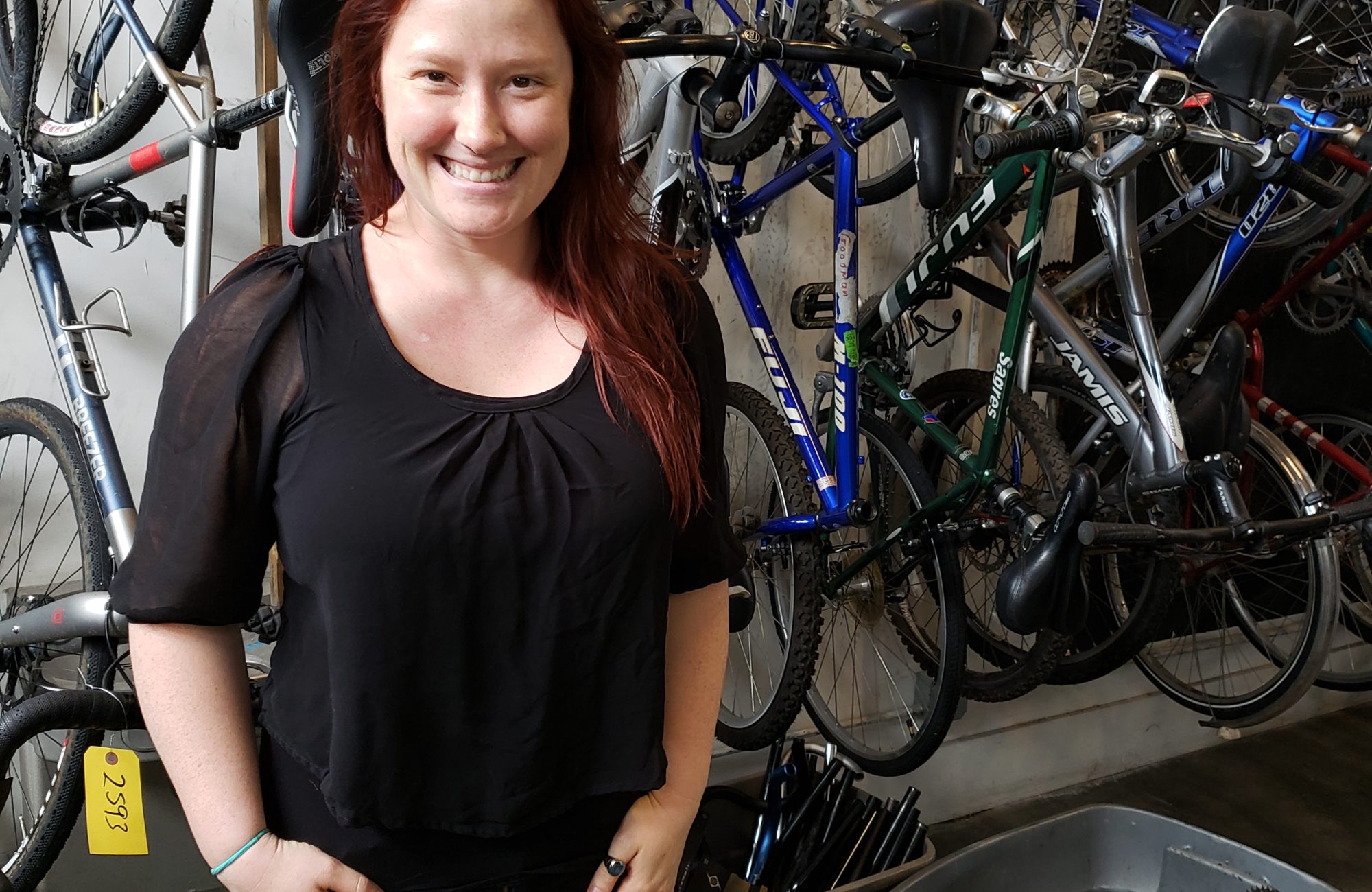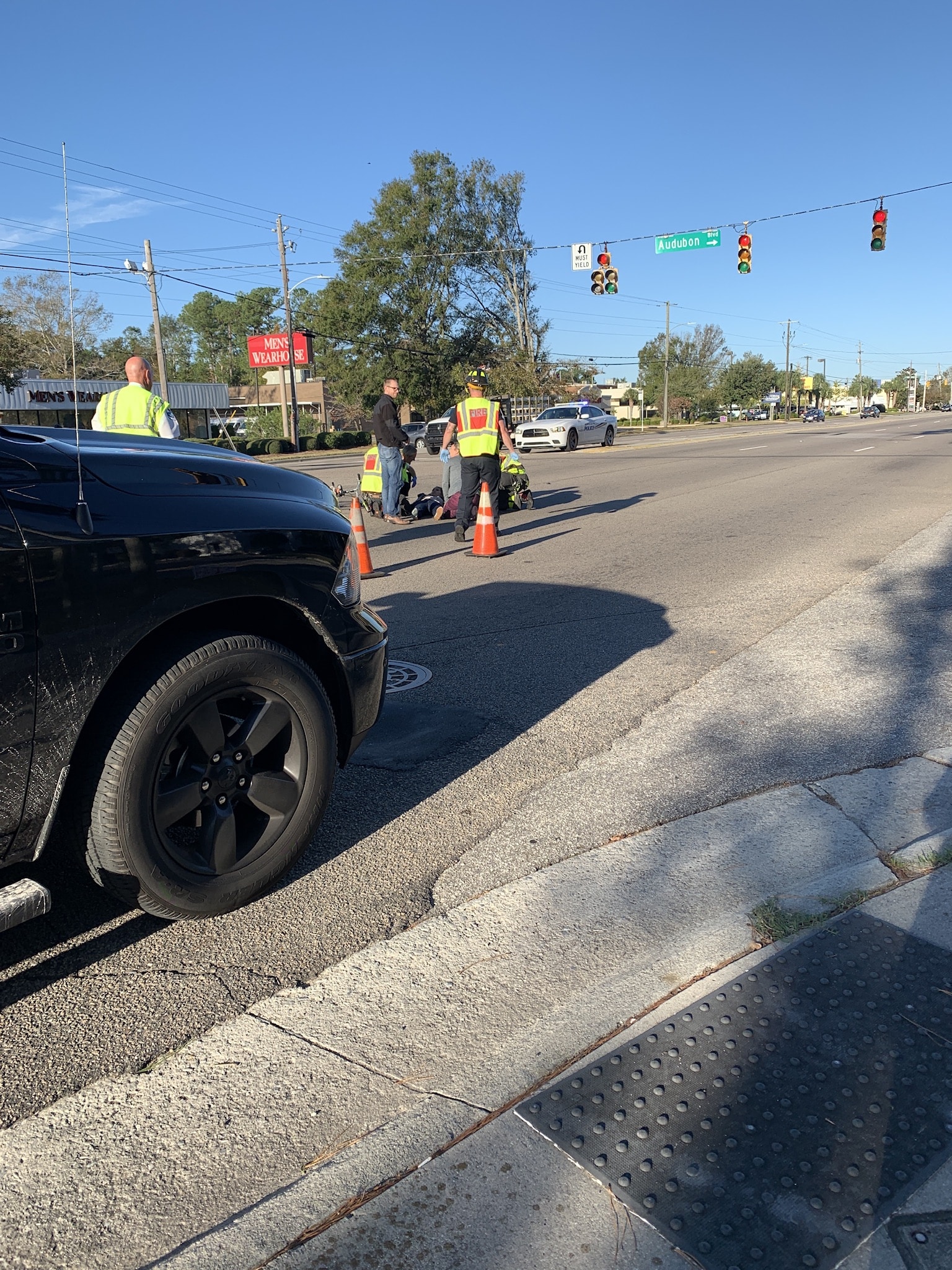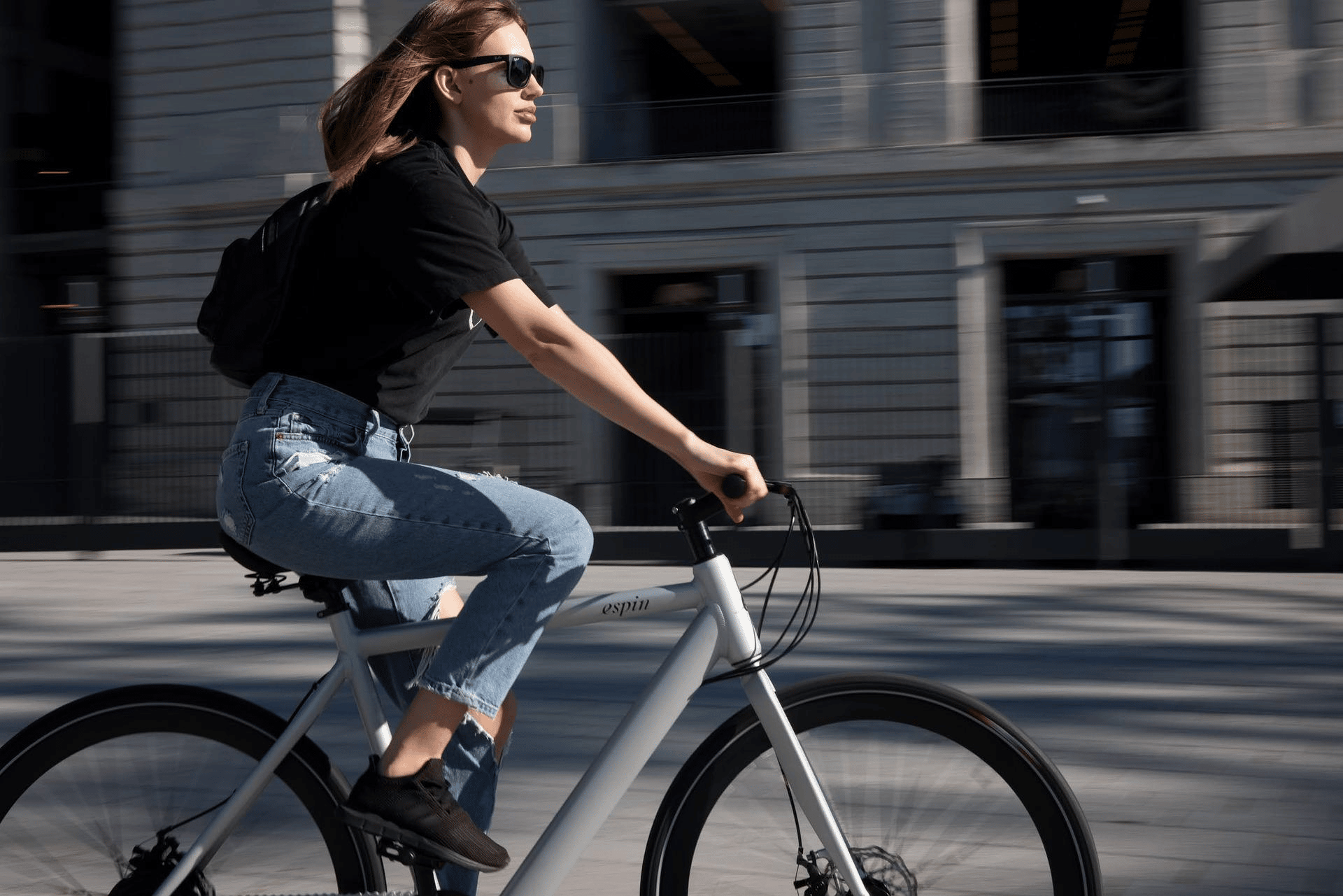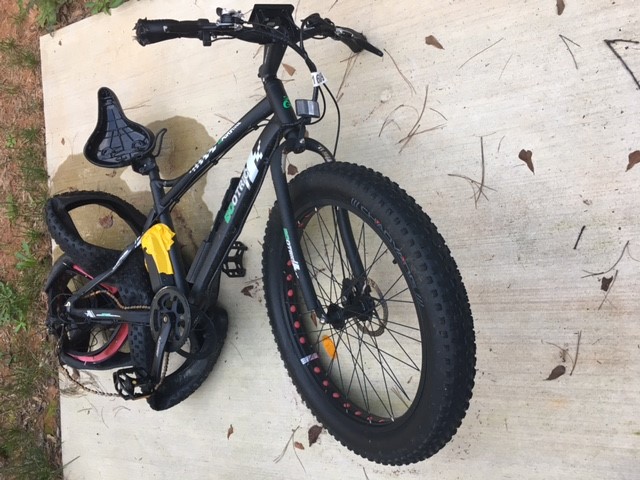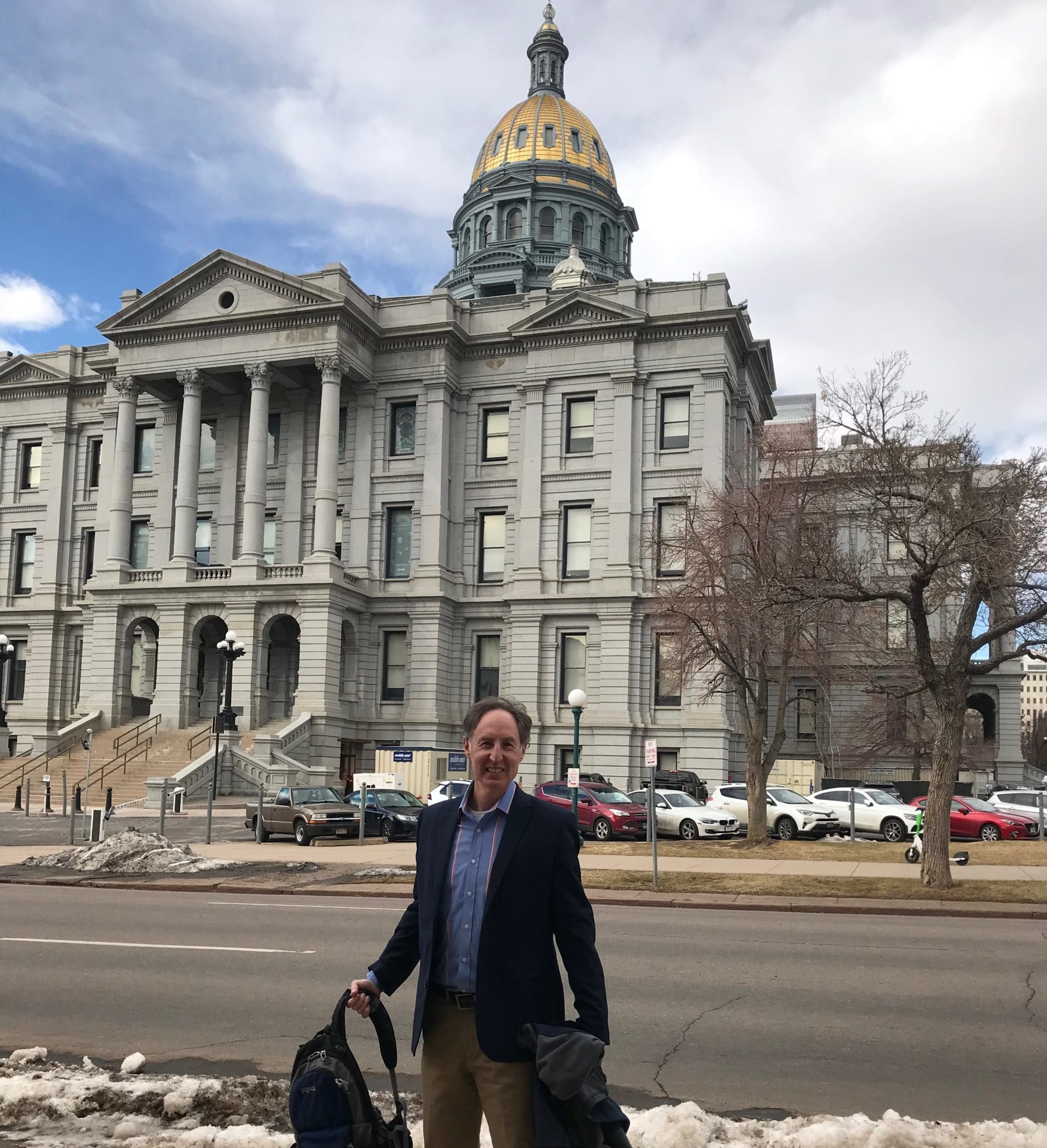Redemptive Cycles Redeems the Streets!
Kathryn Doornbos is the executive director of Redemptive Cycles, a non-profit organization in Birmingham, Alabama operating since 2013. Redemptive’s mission is to “redeem the streets” by getting more people on bicycles to make Birmingham a “more connected, comfortable and livable city.” Redemptive works to achieve its goal by selling many refurbished and some new bicycles, providing professional quality repair and maintenance services below market rates (using a sliding scale rate to reduce repair charges based on a customer’s ability to pay) and though its very successful “earn a bike” program, whereby those in need can volunteer at the shop, learn how to repair and maintain bicycles and leave with their very own bike.
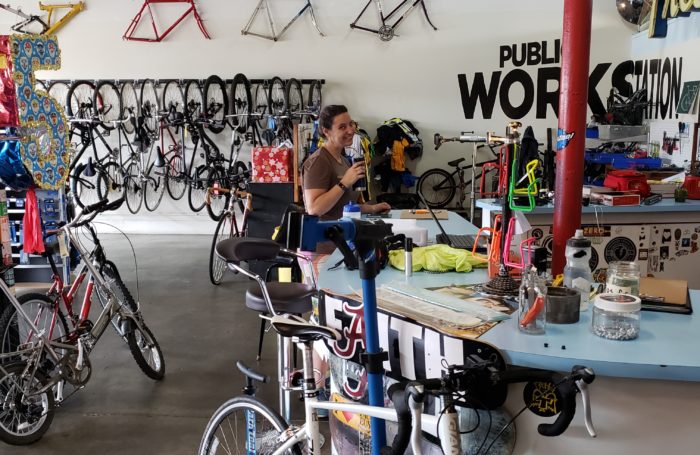
Kathryn’s story to becoming the executive director of Redemptive is an interesting one. She grew up in North Carolina, just across the famous Brasstown Bald Mountain in Georgia. She graduated from Mercer College and then spent a year in Thailand as a Fullbright Fellow. https://www.cies.org. She then started graduate school at the University of Alabama in Birmingham (UAB) seeking a PhD in Microbiology. And, it was while after a long day in the lab, Kathryn was riding her bicycle she says “in search of a drink” when she rode right into Redemptive’s Thursday Night Trample Ride (for more than 5 years now, rain, shine, sleet or snow, every Thursday night at 6:30 pm, people meet at Redemptive for a casual 8-12 mile ride). From there, she ended up writing some grant applications for Redemptive – which she knew how to do as a result of doing this for her scientific research work. And, just a few days after Kathryn defended her doctoral dissertation, she became the executive director at Redemptive in April 2017. By the way, she also did obtain her PhD so, it’s really Dr. Kathryn Doornbos.
So, I recently had the pleasure of getting to sit down and speak with her about what’s happening with cycling in Birmingham. First, she told me that she is very excited about the Complete Streets ordinance which the Birmingham City Council passed last spring. [Birmingham Complete Streets ordinance – Kathryn to provide] Complete Streets legislation is designed to treat all road users – people in cars, people riding bicycles, people walking – equally as regards access and safety. So, on all new roads and – this is really important according to Kathryn – on all roads that are modified or re-paved (including re-striping and re-lining) the legislation will apply. As a practical matter, this will mean that roads will have to provide adequate space for ALL users – not just cars. The goal will be to lower user density and lower speed, thereby making the road safer for all.
Kathryn gave some examples of what this means and for anyone familiar with Birmingham, this is a biggie. The 4 lane which goes over Red Mountain will be reduced to 2 lanes, with one additional protected lane for pedestrians and bicyclists. Red Mountain connects Birmingham’s southside with Homewood and the other over the mountain communities and anyone traveling this road realizes that, at present, in reality, it’s more of a 3.5 lane road than a 4 lane road. Reducing the road to 2 lanes will provide these 2 lanes with adequate width and,of course, the protected lane will encourage use of the road for people on bikes, joggers and pedestrian commuters.
Another example Kathryn gave of how Complete Streets will be implemented is in the Avondale area where 41st Street between 5th Avenue South (Avondale Park) and 1st Avenue South (the train tracks) will go from 4 lanes to 2 lanes with ample space left on either side of the road for people riding bicycles and people walking. Plus, the Avondale merchants and restaurants also will gain increased outdoor seating areas. Undoubtedly, this will result in accelerating the pace of the already vibrant ongoing redevelopment of the Avondale retail and business area.
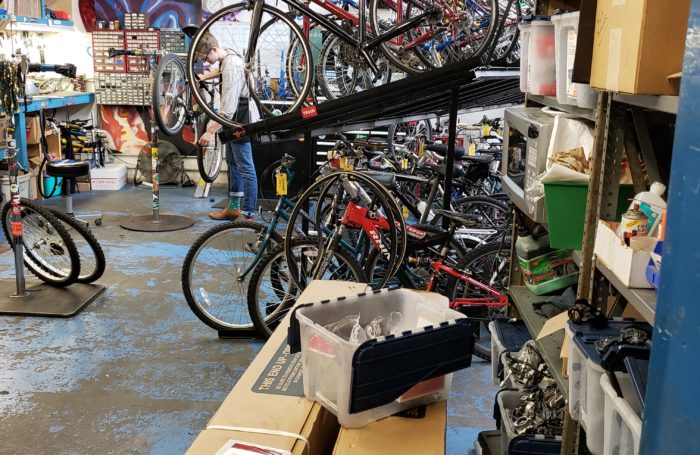
In addition to Complete Streets, Kathryn remains very committed and proud of the work Redemptive continues to do. She states that she always has been very passionate about social inequality. And, that while many great organizations have long worked hard to provide access to food, medicine and shelter to the less fortunate among us, the fact of the matter is that “transportation inequality” also is a big problem. Kathryn points out that providing people with affordable transportation – like a good, functioning bicycle – “literally changes their geography of opportunity.” In other words, having a bicycle and being in a city with infrastructure in place designed to encourage safe cycling greatly expands where people can work, where they can go to get health care, or food or education. As Kathryn sees it – just because a person is poor does not mean that they shouldn’t have the opportunity to work, or go to school, or have access to health care and every other thing a city offers. But, if you can’t get there because you cannot afford a car or, because the city is unsafe to cycle in, then these opportunities simply are not afforded to you. And, Kathryn, plus all the folks at Redemptive, plus many other stake-holders in the Birmingham are working very hard to change that.
Danny Feldman has been riding his bike since 1987, the same time he began practicing law in Washington D.C. before moving back to his home state of Alabama. Danny has been actively fighting for the rights of cyclists in Alabama both in and out of the courtroom. While he focuses his practice in Birmingham, he has represented numerous cyclists across the state



